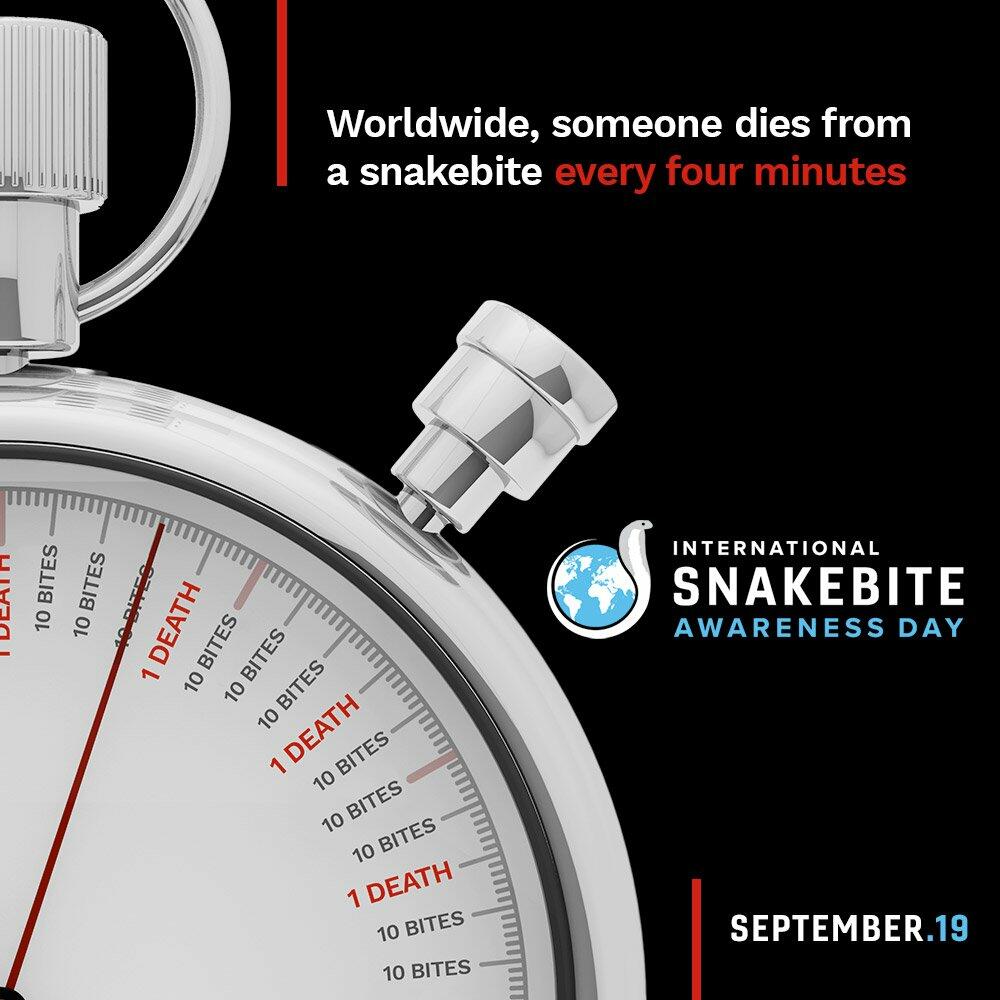
The report, co-edited by LSTM’s Head of its Centre for Snakebite Research & Interventions (CSRI), Professor Rob Harrison and Dr David Williams of the University of Melbourne, comes in addition to a number of events highlighting this day at the European Congress on Tropical Medicine and International Health (ECTMIH), which is currently being held in Liverpool. The events were introduced by Dr Marta Tufet, RSTMH Trustee and Executive Director of UK Collaborative on Development Research (UKCDR).
International Snakebite Awareness Day is a chance to increase the profile of snakebite and its impact – currently the World Health Organization (WHO) estimates that up 138,000 people are killed each year by snakebite envenoming and around 400,000 are left permanently disfigured or disabled as a result of being bitten by snakes.
The special report tells stories of people who have suffered from snakebite, as well as demonstrating the extraordinary humanitarian contributions made by community groups around the world.
Like many other neglected tropical diseases, the journey to reduction and elimination is complex – but it often starts with people working on the ground with local communities trying to prevent harm and educate those most in danger.
Since the first International Snakebite Awareness Day in September 2018, there has been a lot of progress in tackling this neglected disease. In May came two exciting announcements: the WHO launched its strategy to halve global snakebite mortality rates by 2030 and Wellcome revealed a new £80m, over seven years, snakebite research programme.
The day is further highlighted in a number of media reports such as in Mosaic Science and BBC World and 6 Live Facebook Events in Melbourne, Mumbai, Nairobi, Liverpool (2x) and San Francisco.